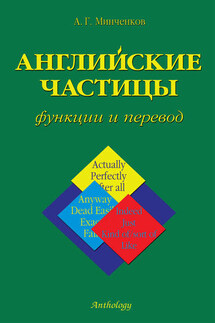Glimpses of Britain. Reader - страница 6
He had already taken one bullet in the leg at Passchendaele – otherwise known as the Third Battle of Ypres – when a German bullet hit him in the chest. It hit the watch instead of Mr Oborne.
“He has never talked about it much,” says his son, David Oborne, 77. “If you’ve seen a shell throw up bodies blown up by a previous shell, you just try to block it out. I’ve tried to get things out of him but I can’t.”
All of these men – two of whom span three centuries – are still haunted by the events of 90 years ago. We may not share their ghosts. But we should never ignore their memories.
Why I’ll keep on riding to the rescue of Blenheim
By John Spencer Churchill,
11th Duke of Marlborough
The Mail on Sunday, August 8, 2004
Running a stately home today is very much a business – that’s the way it has to be. It has to be well thought-out, well organised and well run. It’s something we have developed over a period of time and will continue to do so.
The first paying visitors were admitted to the house in 1950. In those days, we opened only four days a week. Then I managed to persuade my father to open for five days a week. When I took over in 1972 I realised we had to be open seven days a week.
Recently we increased the number of days that we’re open by extending the season – this improves the bottom line. We have to open more days because the expenses are going up all the time. This year, for example, we’re staying open until December 12 – and will re-open next year in February.
It worries me slightly that we’re opening this long because the only way you can keep a house in good tip-top order is to close it down for a certain number of weeks so you can give it a proper spring clean. Maintenance is crucial because the future of the house is all-important.
Now it is in quite good order, something I can say with pride and satisfaction. But there is a lot of stone work that needs replacing and we also have to replace the six statues that used to be on the roof. We haven’t been able to do a lot of restoration over the past four years because all the monies have been drawn to rewiring, costing hundreds of thousands of pounds. If John Churchill were to return here today I think he would be delighted to see that the place is still in reasonably good nick. The other thing is that one has constantly got to think of other means of attracting outside events. It’s no use sitting back and thinking you can carry on the business in the same way that it was done 25 years ago. There’s a lot of outside competition now.
The one thing that has really hit the stately homes business quite badly is Sunday opening. There has been a huge change to the way of life in this country on Sundays. Fifteen to 20 years ago there was very little that people could do on Sundays except visit a stately home. The shops were shut, no race meetings took place. That’s all changed.
So we have to keep innovating. This year we have restored the Secret Garden, a treasure that has remained hidden for more than 30 years.
The garden was conceived by my father, the 10th Duke, and work began in 1960 on creating a romantic and secluded haven which broke away from the formal nature of traditional Victorian gardens.
My father was a keen gardener and planted unusual species of trees, shrubs and flowers to create a Four Seasons garden comprising winding paths, soothing water features, bridges, fountains, ponds and streams.




![Bo][ing Day истребить «колхозника»](/uploads/covers/fe/bo-ing-day-istrebit-kolhoznika.jpg)



